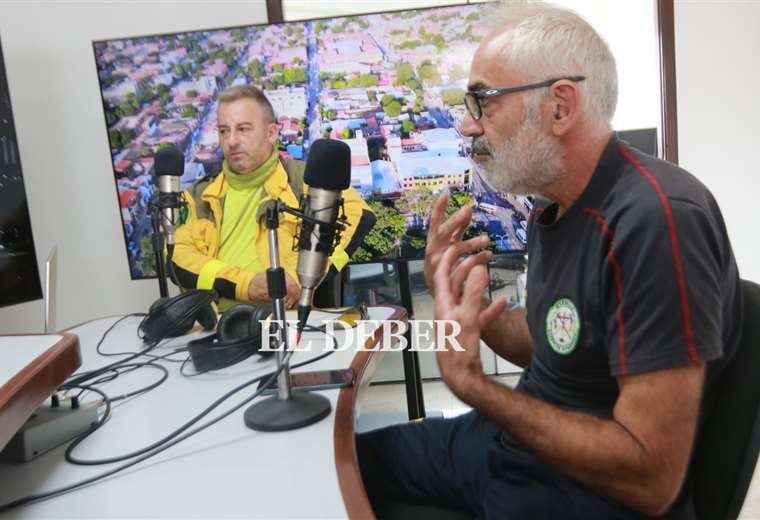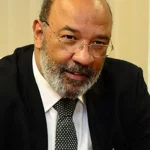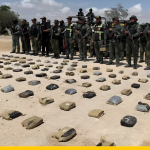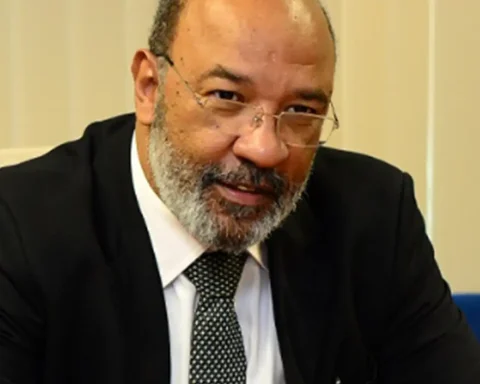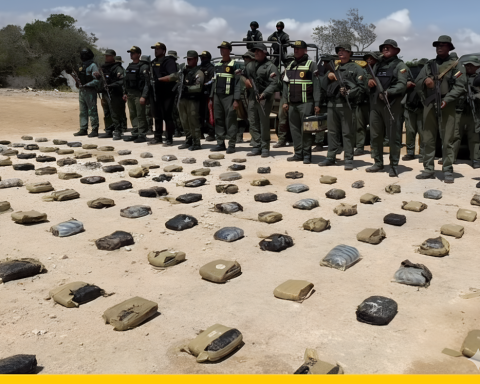October 12, 2024, 9:04 PM
October 12, 2024, 9:04 PM
A pair of Spanish volunteer firefighters, who took advantage of their vacations to come to Bolivia and contribute to the crews involved in putting out forest fires, told EL DEBER Radio about their experience in this titanic task. Manuel Martínez and Paco Raez arrived in Bolivia on September 24. They are part of SOS Navarra-Spain, an NGO that has contributed to the country on several occasions.
“We have found with a great lack of resources, but with young people and a very committed population, very qualified, with a great desire to fight against it (the fires), with a very special motivation, which helps us and moves us… to see the will of the Bolivian people to take care of their land and that of everyone; because the Earth belongs to everyone,” said Manuel Martínez.
The firefighter pointed out that the fires they found were very large, and it is difficult to put them outgiven the large extensions. The amount of rain that fell is still not enough to put out the fire, he said, but he was enthusiastic about a quick improvement. According to Martínez, this 16th a meteorological change is predicted that may contribute to the mitigation of the fire.
About whether the magnitude of the Santa Cruz forest fires could have been avoided, firefighter Paco Raez expressed:
“No, it cannot be avoided, because they cannot be avoided in much more developed countries, Canada, the United States… Nature is capricious. In contact with man it causes conflict between nature and man. And with these drought rates, these large forests… You could try mitigate or earlier action, But avoiding, I think, will always be very difficult.”
The Spanish firefighters highlighted the capacity for self-management and organization of civil societysomething that they were able to experience during their stay in the country.
“The The capacity for self-organization that the Bolivian people have is one of the main virtues of this town. It is very different, perhaps from Europe. Europe needs a lot of resources to be able to do something, and here with very few resources they know how to manage very well. You are very efficient,” said Martínez, who praised the “human capital” that exists.
How do firefighters work?
According to Martínez, the first thing is to know the situation of the territory that is burning, if there is drought or greenery; why it is shared the way it is and how it is likely to behave later. Based on this, achievable objectives are proposed that, together, generate a positive dynamic.
While Raez pointed out that it is important to have information and unite to face the same objective, “because from there, everything begins to flow, all those qualities of Bolivians come together in a cause and everything goes much better.”
On the other hand, Martínez highlighted that in his work it is important to system efficiency, and he gave as an example the need for fuel, such as gasoline to move from one place to another, which is why his way of working consisted of setting up tents to make camps close to the workplace so that the movement of personnel was as little as possibleso that the pace of work was “solid.”
Raez added that this working method has an impact on the safety of those who work on these tasks, “because when people are more rested, more controlled, it is easier and the work is much more effective, because the work windows increase.”
We must consider that the conditions of this work are very hard, remember, very hot, very humid, with a lot of sweating, which represents a very great physical challenge.
The firefighters indicated that there was a very important volunteer work, in the logistical part, which they highlight as essential. They thanked those who supported them, not only with the transfer, but also with food, fuel, water, equipment and heavy machinery.
“Without logistics there is nothing. (But here) everyone working on a common goal is fantastic (…) Unity – it has been said a thousand times – is strength: but in the case of Bolivia it is an even much more powerful force,” said Raez.
He also highlighted the work of the young people, who came from different parts of the country, working with diligence and drive.
For his part, Martínez highlighted the technical level. “It’s very tall. “The knowledge, at the level of fires, is at a top level,” He pondered, in relation to the people who work in these areas of the Government and other instances.
